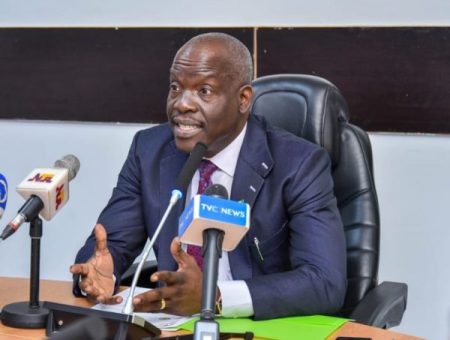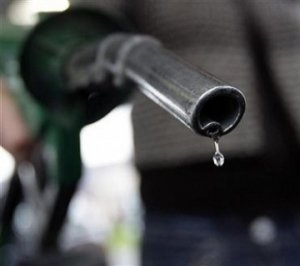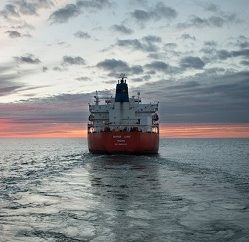 6 December 2011, Sweetcrude, Lagos – Total Nigeria says its crude oil production capacity would be rising to 650,000 barrels of oil equivalent (boepd) in the first quarter of 2012, from the present 470,000boepd.
6 December 2011, Sweetcrude, Lagos – Total Nigeria says its crude oil production capacity would be rising to 650,000 barrels of oil equivalent (boepd) in the first quarter of 2012, from the present 470,000boepd.
The development would lift Nigeria’s crude oil production, including condensates, to 2.8 million boepd, from the current level of 2.6 million boepd.
Mr. Guy Maurice, Managing Director of Total Upstream companies in Nigeria, disclosed this at a recent oil conference in Lagos, saying the increased capacity would following the streaming of the company’s second deepwater field, the Usan project, expected to commence production in the first quarter of 2012 with a capacity of 180,000bpd.
According to him, since year 2000, his company had been systematically building its production capacity from about 250,000bpd in the year 2000, to over 470,000bpd in 2010.
Maurice, who was represented at the event by the company’s General Manager in charge of Exploration, Dr. Kingsley Ojoh, said: “Our strategy is clear – to sustain this growth, through very active exploration. Our first deepwater field in Nigeria, Akpo, came on stream in the first quarter of 2009 on schedule, with an estimated production capacity of 175,000bpd and is actually doing more, today.
“Our second deepwater development, Usan project, whose Floating Production, Storage Offshore (FPSO) vessel is already in Nigerian waters since October, is currently undergoing intense activities in preparation for first oil, due on stream by the first quarter of 2012, with about 180,000bpd production capacity”
The Total boss explained that the company’s third deepwater field, the Egina project, with a planned production capacity of 200,000bpd, would come on stream in 2015.
Total is operator in eight oil blocks and non-operator in 41 blocks in Nigeria.
Maurice also revealed that by the first quarter of next year, Total would have six operating FPSOs and FPUs in the Gulf of Guinea in offshore West Africa, from Angola to Nigeria.
By 2018, according to him, the number of the company’s operating FPSOs and FPUs would rise to at least 11 in West African countries.



